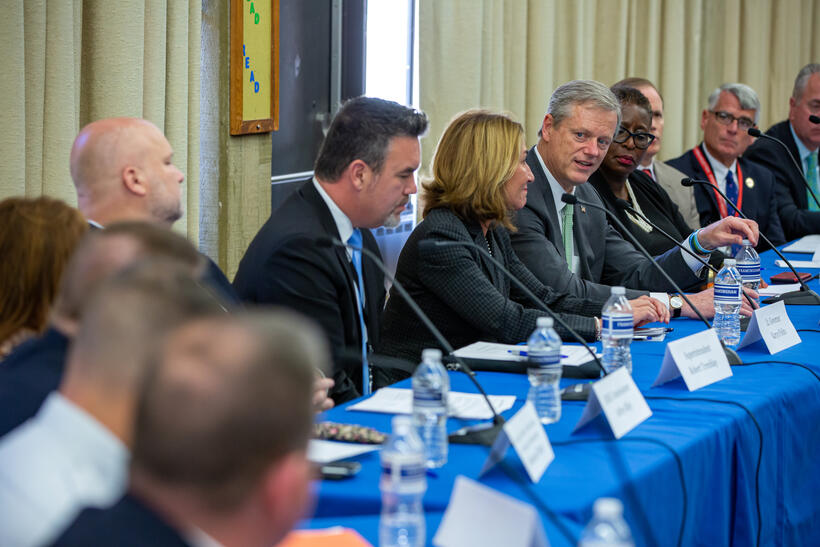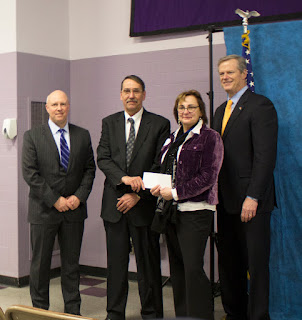"Gov. Charlie Baker’s proposal to make zoning changes easier at the local level is one step closer to passage after the Housing Committee voted to advance it alongside 20 other bills aimed at generating new housing production.Continue reading the article online (subscription may be required)
The Housing Committee voted 16-1 in a poll that concluded Thursday afternoon to favorably report out Baker’s bill, according to a copy of the results acquired by the News Service. The Boston Globe first reported Wednesday that the poll was underway.
All 20 other bills, which range from a proposal to establish a housing production task force to one that would set a statewide housing production goal, also advanced with only one dissenting vote. State Rep. David DeCoste, R-Norwell, voted against each bill, while state Sen. Patrick O’Connor, R-Weymouth, reserved his rights on some votes.
...
The legislation would lower the local voting threshold needed for zoning changes from a two-thirds majority to a simple majority, a difference that Baker and supporters argue would allow more projects to get approved rather than fail on a 3-2 City Council vote or with only 55% backing."
https://www.milforddailynews.com/news/20191221/bakers-housing-bill-advances-with-still-uncertain-future
"The Benjamin Franklin Classical Charter Public School is accepting applications for the 2020-21 school year.
In a press release, school officials said siblings of currently enrolled students will have priority enrollment status; thereafter, applicants from all 13 communities in the school’s district will have an equal chance at securing a spot for their child through the annual enrollment lottery to be held on March 4.
Applicants from outside of the region, but who reside within Massachusetts, will be eligible for enrollment should additional spaces remain after all sibling and regional applicants have been placed."
Continue reading the article online (subscription may be required)
https://www.milforddailynews.com/news/20191220/franklin-charter-school-accepting-applications
 |
| new school sign at the entrance |










